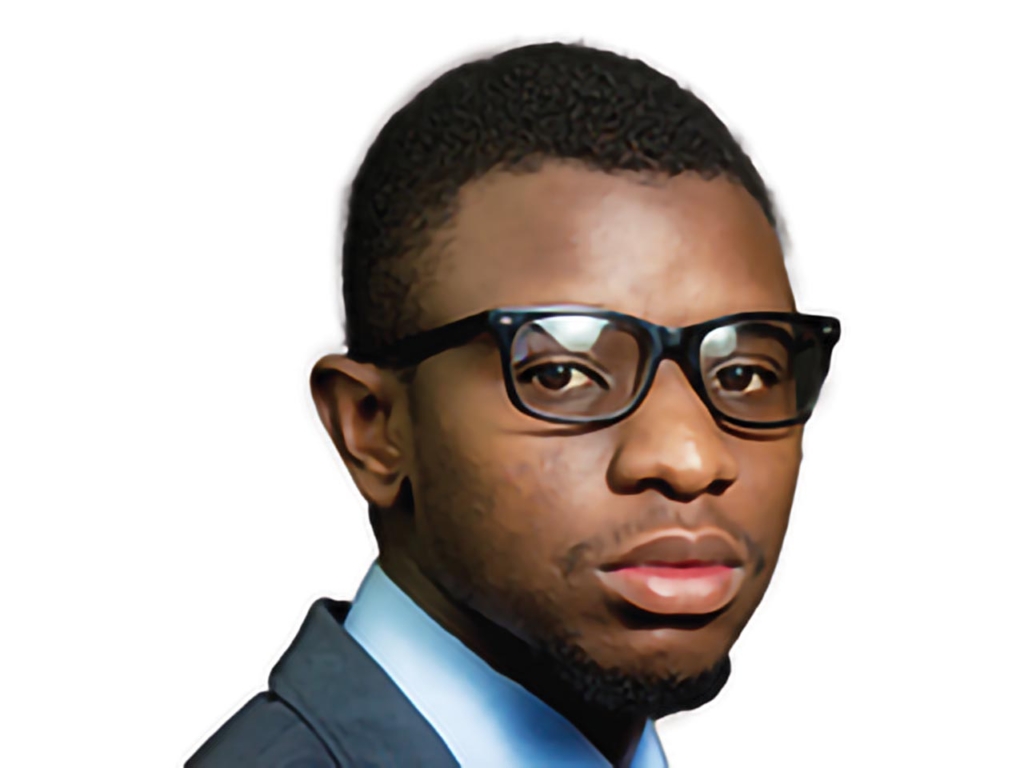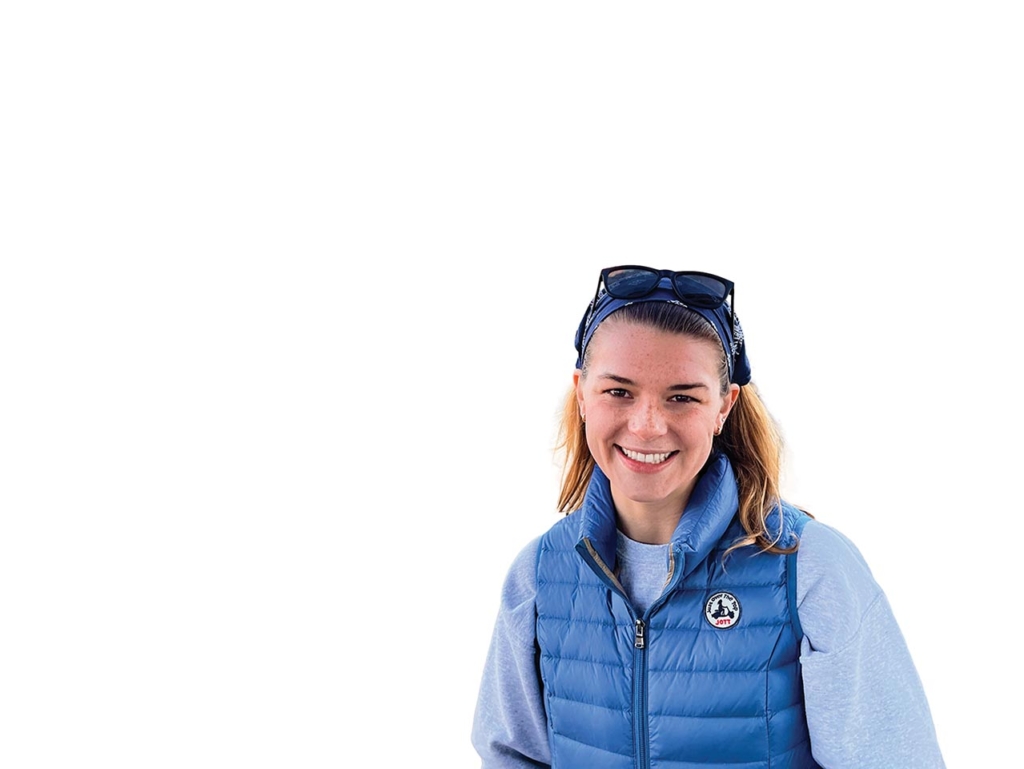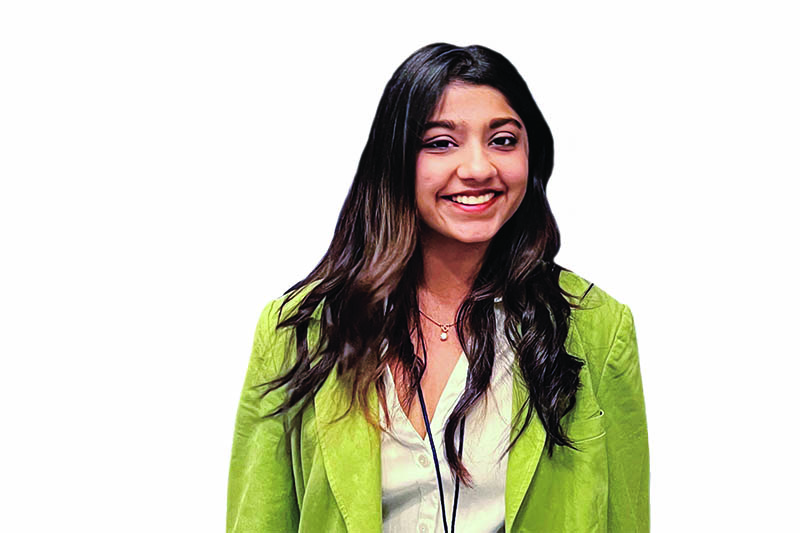Three Colgate students were selected for their fellowship projects aiming to make a difference both on campus and in the world.
When Aayusha Dhungana ’26, MacDonald Chirara ’25, and Margo Williams ’23 applied to the Clinton Global Initiative University (CGI-U) as Class of 2023 Fellows, they were determined to make a difference both on campus and in the world at large. After being selected, these three students are one step closer to achieving their goals. Dhungana, Chirara, and Williams were chosen not only for their entrepreneurial and leadership qualities but also for their innovative project ideas, which include an Indigenous filmmaking app, a waste- powered electricity generator, and an interactive online game focused on teaching youth about online speech.
The fellows will participate in a yearlong program that includes mentorship, a social impact curriculum, funding, and other events to further develop their skills as leaders and advance their projects. Additionally, fellows will have access to dedicated funds at Colgate as well as guidance from the Colgate Thought Into Action program.

MacDonald Chirara ’25
Biology major
Hometown: Marondera, Zimbabwe
Chirara applied to the program with an ambitious proposal for a waste-powered electricity generator to provide renewable energy to rural households in his home country, more than 70% of which do not have access to electricity and instead use firewood as their main source of energy.
Chirara hopes to use what he learns from launching his venture in Zimbabwe to determine how waste-powered electricity can be brought to even more rural communities in sub-Saharan Africa — addressing Goal 7 of the United Nations Sustainable Development Goals: affordable and clean energy.
“I am eager to receive the unique opportunity to learn from and network with renewable energy experts, who can help me to further contribute to solving my community’s sustainable energy problems,” says Chirara, who’s been working on this issue since high school.

Margo Williams ’23
International relations major
Hometown: Chicago, Ill.
Williams came to the program with an idea for an interactive, educational game called Meet Reality’s Cousin, the Internet. The game explains how various factors — such as content-moderation policies, unequal internet access, echo chambers, anonymity, and algorithmic bias — can make online and offline discourse look different. For example, users may feel braver from behind their computer screens and say more destructive and hateful things than they could face to face.
Williams plans to partner with internet researchers and middle school teachers to accurately depict both the dangers and promise of online speech in an effort to design a curriculum that supports the game’s teachings. Through the game, Williams hopes the next generation of internet users will learn how to be more responsible and constructive online — learning how to build themselves and one another up through their internet use rather than tear one another down. Once complete, Williams will introduce the game to teachers at schools across Chicago, where she’s from.
“Too often, we see kids with their faces in their phones, fighting with people they’ve never met, on platforms that don’t hold anyone accountable for what they say,” says Williams. “I care deeply about the internet’s implications for society, and I believe that my game format will resonate with kids and help get them talking about their thoughts and concerns face to face, instead of screen to screen.”
Aayusha Dhungana ’26

Computer science major
Hometown: Kathmandu, Nepal
Dhungana was granted fellowship in the program based on her work with a website called Cultural Bridges, which aims to amplify the voices of Indigenous communities through documentary film production and sharing. This platform will function similarly to other video-sharing sites such as YouTube or TikTok, but will be unique in that it caters specifically to Indigenous creators, providing a safe, supportive platform through which they can share their culture and heritage.
The Cultural Bridges website will serve Indigenous filmmakers and their communities as well as individuals from all backgrounds who are interested in learning about and better understanding Indigenous cultures. Through the platform, Dhungana hopes to share the Indigenous experience with a broader audience and expose more people to Indigenous perspectives on topics such as cultural heritage and environmental conservation.
“By bringing together Indigenous filmmakers and diverse audiences,” she says, “I believe this website can play a meaningful role in promoting understanding and respect for Indigenous cultures and traditions.”
